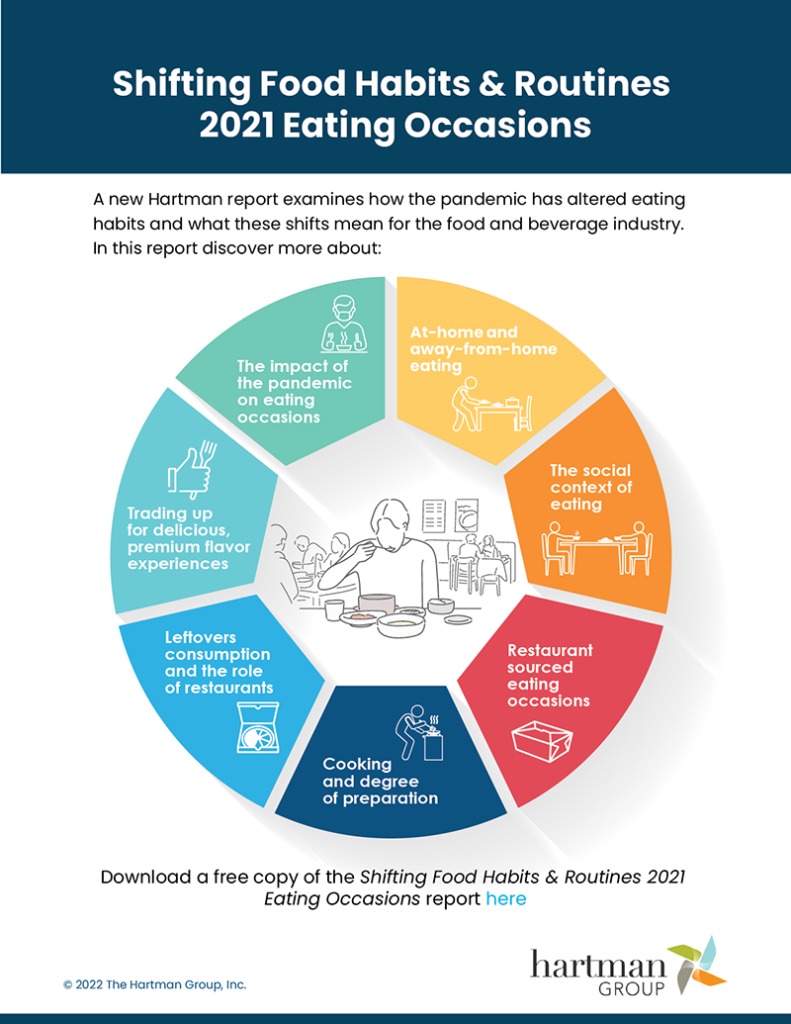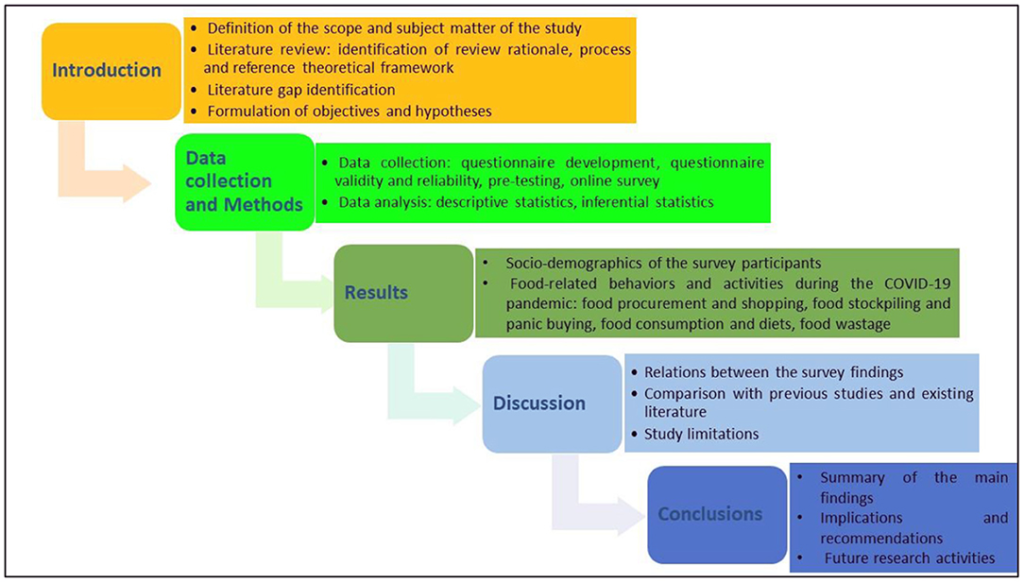Kuwait’s food consumption habits have experienced major shifts since 2020. Driven by the global pandemic, economic changes, and evolving health awareness, the way people in Kuwait eat, shop, and choose food has changed dramatically. These changes are visible across households, restaurants, and online platforms.
This article explores the major shifts in Kuwait’s food consumption habits since 2020, including five key trends that have reshaped the nation’s eating culture. From home cooking to plant-based diets and rising delivery apps, Kuwait’s food journey is entering a new era.

1. Rise in Home-Cooked Meals and Traditional Dishes
Before 2020, a large number of Kuwaitis frequently dined out or ordered food. The pandemic lockdowns changed this pattern. Families started cooking more at home, leading to a revival of traditional Kuwaiti dishes like machboos, harees, and jareesh.
Home-cooked meals became a necessity during lockdowns but later turned into a lifestyle choice. Many people found comfort, control, and health benefits in preparing their meals. This shift helped bring back cultural recipes that were slowly fading due to fast food and international cuisine trends.
2. Shift Toward Healthier Eating Habits
The post-2020 era saw a clear rise in health awareness. Many Kuwaitis began avoiding processed foods, sugary snacks, and unhealthy fats. Instead, fresh vegetables, lean meats, whole grains, and organic products became popular choices.
Supermarkets responded by increasing their health food sections. Consumers are now reading labels more carefully, looking for low-sodium, sugar-free, and gluten-free products. The demand for diet-specific products such as keto, vegan, and dairy-free alternatives also increased.
This shift toward healthier food consumption was influenced by both the pandemic and growing awareness about chronic illnesses such as obesity, diabetes, and heart disease – conditions prevalent in the region.
3. Massive Growth in Food Delivery and Online Grocery Services
Another major shift in Kuwait’s food consumption habits since 2020 is the boom in food delivery apps and online grocery platforms. During lockdowns, many people turned to digital solutions to meet their food needs. Apps like Talabat, Deliveroo, and Carriage saw rapid growth in downloads and daily orders.
The trend has continued even after restrictions were lifted. Convenience, fast service, and user-friendly platforms have made online food delivery the new normal. Groceries are also being delivered through apps, giving users access to fresh food, household items, and personal care products in a few clicks.
This digital transformation is shaping Kuwait’s future food consumption by increasing dependence on e-commerce, especially among the younger population.
4. Increased Preference for Plant-Based and Alternative Diets
In recent years, Kuwait has seen rising interest in vegetarianism, veganism, and flexitarian diets. While these lifestyles were once rare in the Gulf region, health concerns, global influence, and environmental awareness have encouraged more people to reduce meat consumption.
Restaurants and cafes now include plant-based dishes on their menus. Supermarkets are stocking more meat alternatives, such as tofu, tempeh, plant-based milk, and vegan snacks. Social media has also played a major role in promoting plant-based lifestyles, with influencers sharing recipes and tips.
This growing trend highlights a positive shift in Kuwait’s food consumption habits focused on sustainability and conscious living.
5. Changing Snack Preferences Among Youth and Children
Youth and children in Kuwait have also shown changes in food habits. Earlier, fast food and sugary snacks were the go-to options. Now, many schools and parents are promoting healthier snack choices, such as fruits, yogurt, and nuts.
This shift has been supported by awareness campaigns in schools, on TV, and through health organizations. Parents are also more alert about nutrition after witnessing the effects of lockdowns on children’s health and weight.
While fast food chains remain popular, they are now offering healthier options like grilled items, salads, and juice-based drinks to keep up with changing preferences.
What’s Driving These Changes?

Several factors are behind the major shifts in Kuwait’s food consumption habits since 2020:
- Pandemic Lifestyle: Home confinement forced people to learn cooking, plan meals, and shop mindfully.
- Health Consciousness: A global health scare pushed consumers toward immunity-boosting and nutrient-rich foods.
- Digital Adoption: Increased smartphone use and internet access accelerated food tech growth.
- Global Trends: International food trends, including veganism and sustainable eating, inspired local changes.
- Government and Media Campaigns: Health-focused messages from authorities encouraged better dietary choices.
Challenges and Opportunities Ahead
While these trends show progress, there are still challenges. Processed food remains heavily consumed, and obesity rates in Kuwait are among the highest in the world. Educating more people about nutrition, especially in rural areas, is still necessary.
However, the opportunities are vast. Restaurants, grocery chains, and health brands can tailor their offerings based on these new habits. Health startups, food-tech companies, and local farmers can also benefit by offering sustainable, local, and health-focused products.
Final Thoughts
The major shifts in Kuwait’s food consumption habits since 2020 reflect a society in transition. People are becoming more aware of what they eat, how they get their food, and the impact of their choices on health and the environment.
Kuwait is embracing a healthier, more digital, and culturally rooted food culture. While challenges remain, the overall direction points toward a more informed and balanced approach to food.
As these trends grow stronger, they have the potential to influence long-term public health and reshape Kuwait’s food industry.
Also Read – Kuwait Street Food: Why 2025 Could Be a Game-Changer



